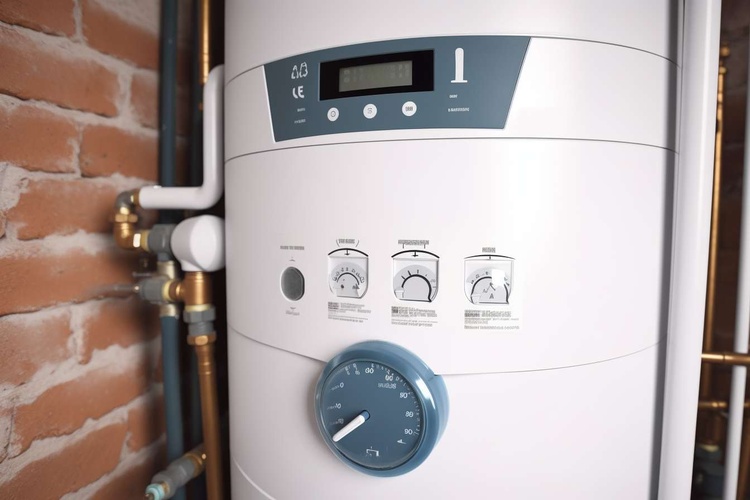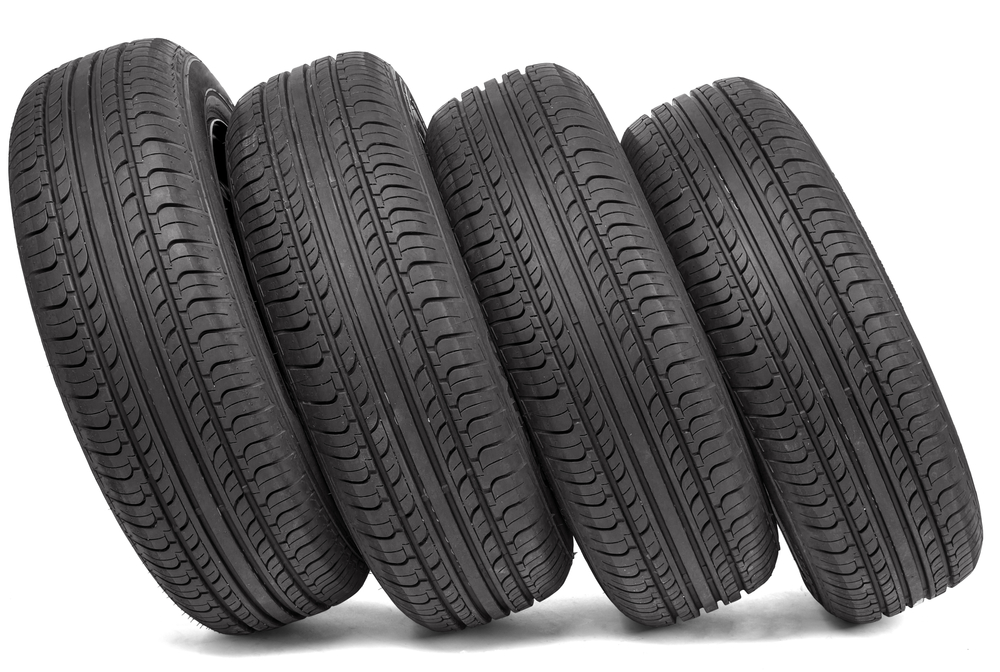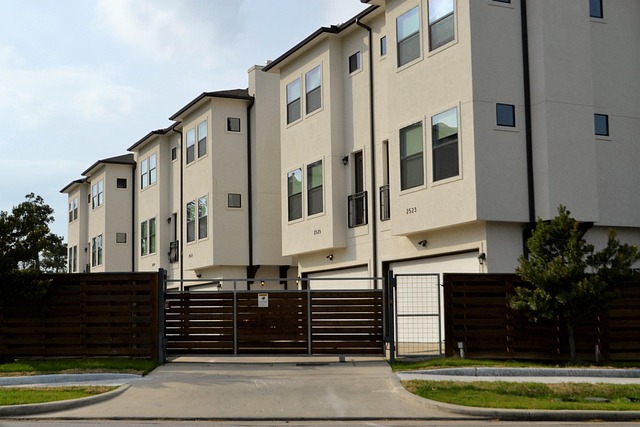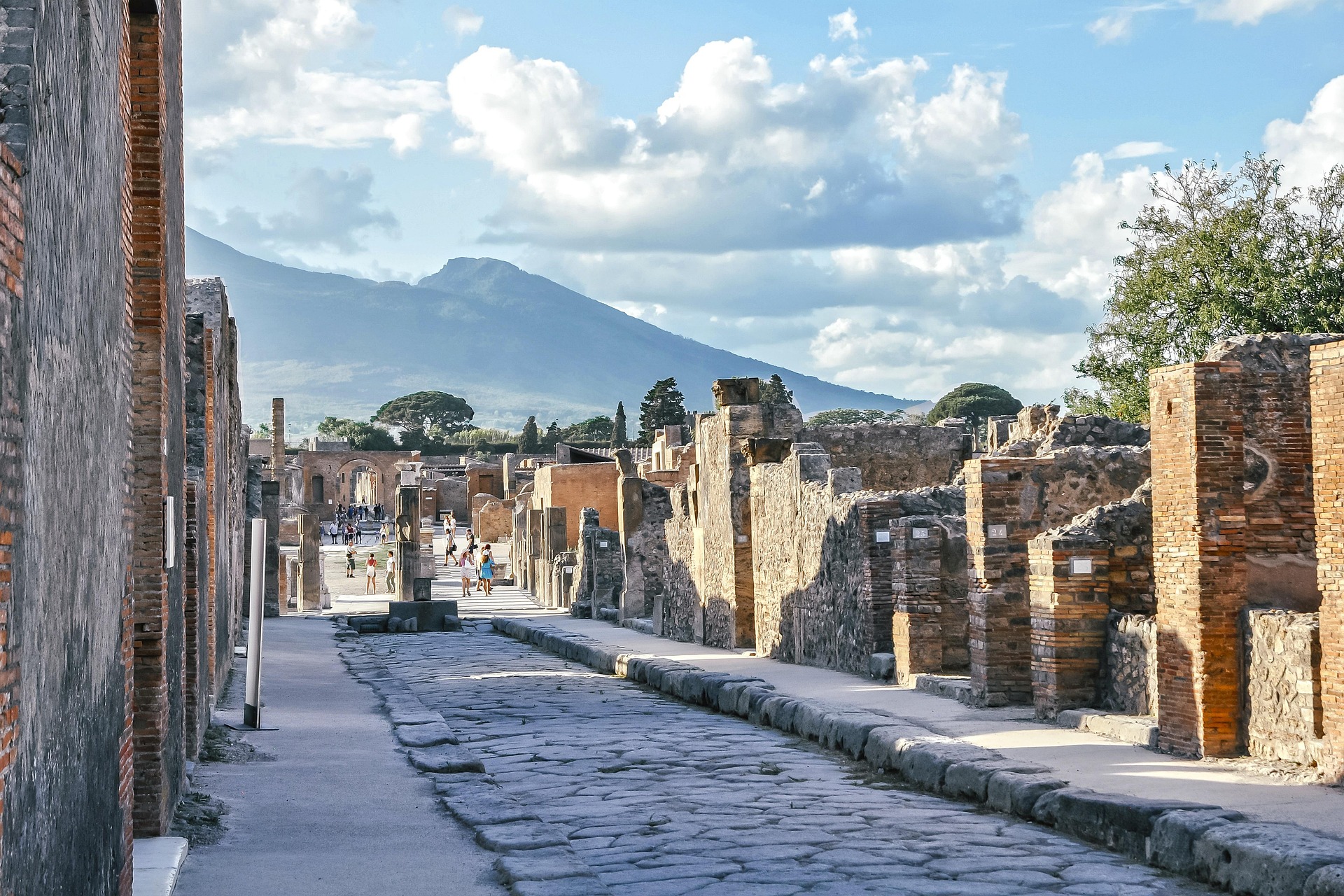Heat Pump Costs in 2025 What Homeowners Should Know
Understanding heat pump costs has become increasingly important for UK homeowners considering energy-efficient heating solutions. With rising energy prices and government incentives available, heat pump installation represents a significant investment that requires careful planning and budgeting. The total cost varies considerably based on property size, system type, and installation complexity, making it essential to understand all financial aspects before making this important decision.

Heat pump technology has gained significant traction among UK homeowners seeking sustainable heating solutions. As energy costs continue to fluctuate and environmental concerns grow, many households are evaluating heat pumps as alternatives to traditional gas boilers. The financial investment required varies substantially depending on multiple factors, from property characteristics to system specifications.
What Determines Heat Pump Price Variations
Several key factors influence the overall cost of heat pump systems. Property size directly affects system capacity requirements, with larger homes needing more powerful units. Installation complexity also plays a crucial role, as properties requiring extensive modifications or additional components will incur higher costs. The type of heat pump selected significantly impacts pricing, with air source heat pumps typically costing less than ground source alternatives. Additionally, existing heating infrastructure may require upgrades or replacements, adding to the total investment.
Understanding Heat Pumps Prices Across Different Systems
Air source heat pumps generally represent the most affordable option for most homeowners. These systems extract heat from outdoor air and typically require less invasive installation procedures. Ground source heat pumps, while more expensive initially, often provide higher efficiency levels and longer-term performance benefits. Hybrid systems combining heat pumps with existing boilers offer another alternative, allowing gradual transition while maintaining heating reliability during extreme weather conditions.
Residential Heat Pump Prices and Installation Considerations
Installation costs form a substantial portion of the total investment in residential heat pump systems. Professional installation ensures optimal performance and warranty compliance, making it essential to factor these costs into budget planning. Additional components such as hot water cylinders, upgraded electrical systems, or new radiators may be necessary depending on existing infrastructure. Planning permission requirements, while minimal for most air source installations, should be considered during the decision-making process.
Government Support and Financial Incentives Available
The UK government offers various schemes to support heat pump adoption among homeowners. The Boiler Upgrade Scheme provides grants toward installation costs, significantly reducing the financial burden for eligible households. Energy company obligation schemes and local authority programs may offer additional support options. These incentives can substantially impact the net cost of heat pump installation, making it important to research available support before proceeding with installation.
Real-World Heat Pump Cost Analysis and Provider Comparison
Understanding actual market pricing helps homeowners make informed decisions about heat pump investments. The following comparison shows typical cost ranges from established UK providers:
| System Type | Provider | Cost Estimation |
|---|---|---|
| Air Source Heat Pump | Octopus Energy | £8,000 - £15,000 |
| Ground Source Heat Pump | Kensa Heat Pumps | £15,000 - £25,000 |
| Air Source Heat Pump | British Gas | £7,500 - £14,000 |
| Hybrid Heat Pump | Worcester Bosch | £6,000 - £12,000 |
| Air Source Heat Pump | Vaillant | £8,500 - £16,000 |
Prices, rates, or cost estimates mentioned in this article are based on the latest available information but may change over time. Independent research is advised before making financial decisions.
Long-Term Financial Benefits and Operating Costs
While initial installation costs are substantial, heat pumps often provide significant long-term savings through reduced energy consumption. Operating costs depend heavily on electricity prices, property insulation quality, and system efficiency ratings. Many homeowners report 30-50% reductions in heating costs compared to traditional gas systems, though actual savings vary based on individual circumstances. Maintenance costs are generally lower than conventional boilers, with fewer moving parts requiring regular servicing.
Heat pump investment represents a significant financial commitment that requires careful consideration of multiple factors. From initial purchase and installation costs to long-term operating expenses, understanding the complete financial picture helps homeowners make informed decisions. Government incentives and energy savings potential can substantially improve the investment case, making heat pumps an increasingly attractive option for UK households seeking sustainable heating solutions.




